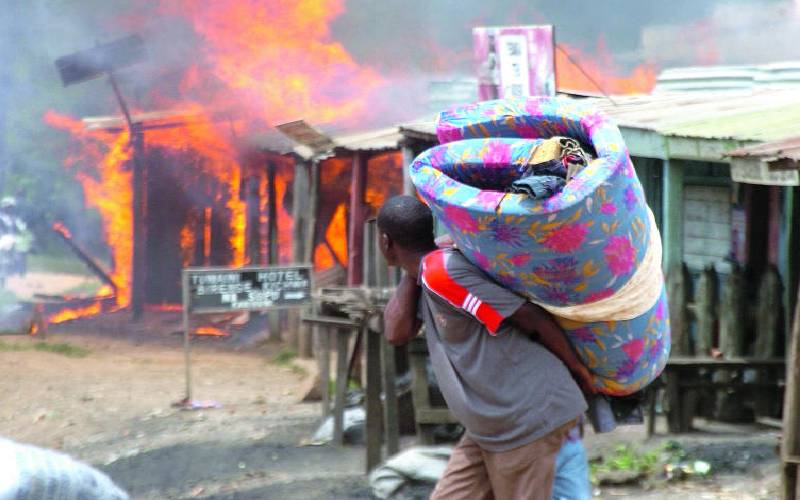×
The Standard e-Paper
Home To Bold Columnists

As 2022 succession politics gathers momentum, the country’s political stability has come under public scrutiny in recent days. The recent arrest of MPs Johanna Ngeno and Oscar Sudi over incitement to violence has fuelled speculation that the next polls will be anything but peaceful.







